On Halloween night, social media blew up with warnings from Quebec City police that upper city residents should stay inside and lock our doors. Someone was walking around, stabbing people at random with a katana. Shortly after, Carl Girouard, 24, who lives about 260 km from Quebec City, was arrested.
The pandemic was likely the only thing that stopped more from dying: Quebec City is in a COVID-19 red zone, and so the old city is mostly empty. What would have been a busy night for local bars was a ghost town. Even so, Girouard is accused of, and charged with, injuring five people and killing two others: François Duchesne, 56, and Suzanne Clermont, 61. They were all targeted randomly.
We don’t know much about Girouard yet, or what radicalized him. Quebec City police have said little about his motives, but mentioned that he’d talked about wanting to do something like this as far back as 2014, when he would have been 18.
That was the same year that another man decided he would commit an act of mass murder in Quebec City. Alexandre Bissonnette, inspired by Elliot Rodger’s murder spree in California, procured guns in October 2014 and told the court during his sentencing hearing that he wanted to do something “to make the world suffer.”
As Bissonnette’s alcohol addiction and mental health continued to spiral, forcing him to stop working, he consumed even more far-right media online. Eventually, by 2016, he considered attacking people at his school, Université Laval, but decided instead to commit his atrocity at a mall in late November that year. On the day of, thinking he’d been seen by video cameras in the mall parking garage, he sat at a nearby Starbucks, guns in a backpack, waiting for police to find him. They didn’t come.
Two months later, on January 29, he decided to target a Sainte-Foy mosque during a Sunday night prayer. He entered the Islamic Cultural Centre and murdered six men, injuring dozens more.
Rodger’s murder spree also inspired Alek Minassian, who killed 10 people and injured 16 others with a van along Yonge Street on April 23, 2018.
Both Bissonnette and Minassian were drawn to Rodger’s self-declared incel status: the idea that these men are “involuntarily celibate” and project blame and hatred onto women as being the source of their deep problems. Bissonnette was also radicalized by far-right Internet personalities, to the point where he actively targeted Muslims in prayer. Indeed, there’s significant overlap between incels and white supremacist ideology.
Frustratingly, in the aftermath of both Bissonnette and Minassian’s crimes, there have been no public policies, no new supports or interventions, and no initiatives to address how white men are increasingly radicalized and taking violent action. Federal anti-racism and anti-hate initiatives haven’t gone further than trying to bring people together to create mutual understanding of different cultures.
Bissonnette’s killing spree should have been the moment that the Quebec government could confidently say Islamophobia exists in the province. There should have been plans within schools and workplaces to give people tools to confront radicalization and Islamophobic hatred.
After Minassian’s crimes, the Ontario government should have created programs and initiatives that address misogyny, the far right and gendered violence.
There should have long ago been new supports and projects created to address the massive crisis of mental health, and they should have had money poured into them within the pandemic’s first month.
But none of these things happened. Instead, already desperate people are sliding into more despair, aided by QAnon conspiracy theories and a news cycle that’s in overdrive thanks to the election in the United States. It was Donald Trump’s inauguration combined with Prime Minister Justin Trudeau’s refugee policies that convinced Bissonnette to commit his violent acts. How many other men staring at their screens right now are about to explode over yesterday’s news?
We don’t know how much of this portrait applies to Girouard, but his alleged act mirrors other Canadian mass murders. It has also, finally, pushed the Quebec government to invest in mental health supports, which are far overdue. On Monday, Premier François Legault announced an immediate $100 million in funding to help clear mental health waiting lists.
But what about the isolation and radicalization? What about those factors that take someone who is fragile and convinces them to become violent? What about holding their family to account while also giving them the tools to help intervene?
The pandemic has caused incredible damage to our social solidarity: people who flout rules and gather for anti-mask protests; corporations that are going to make billions while their workers get sick and die; a system that has murdered thousands of people who are elderly and/or disabled.
Our social solidarity has never been so thin. But it was already thin by design, thanks to a social safety net that has been hacked at by politicians who care far more about rewarding their corporate friends than actually overseeing a society that serves us all.
Taking care of everyone also means intervening with those who might commit a mass murder. To do that requires a lot of different social supports that have been neglected and ignored for far too long.
As the pandemic drags on, how many more Canadians’ lives are at risk because we just don’t know what to do about a particular person who, through a combination of forces, is growing increasingly violent?

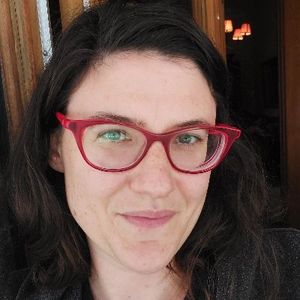
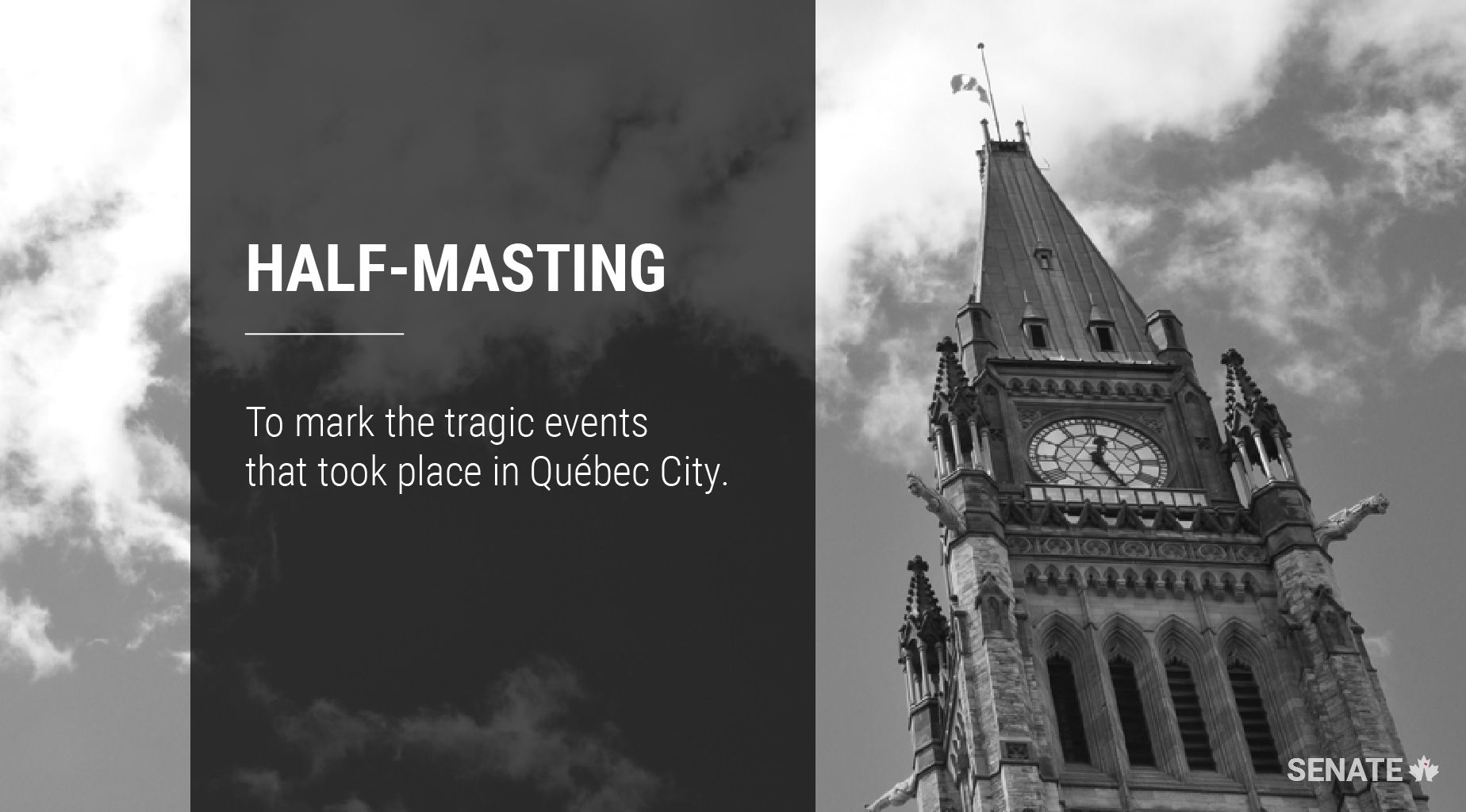
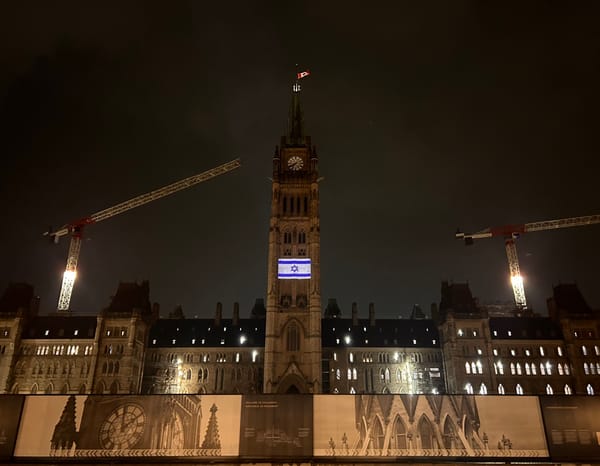
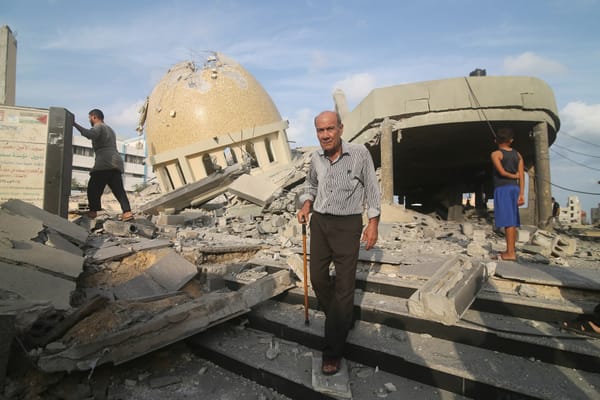
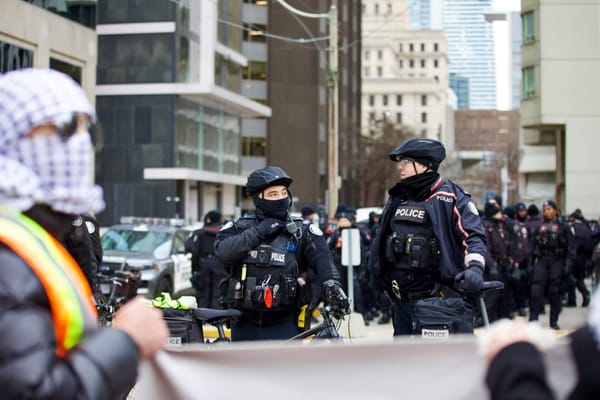
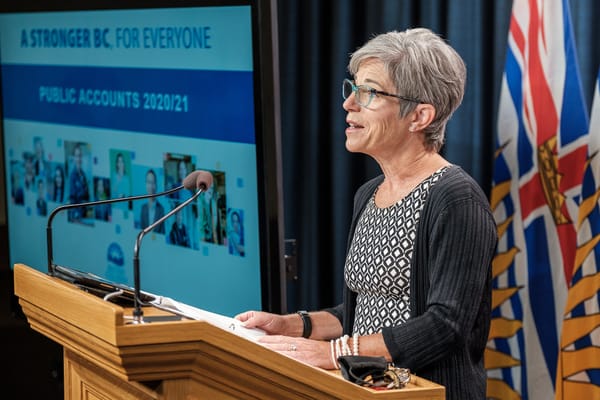

Member discussion